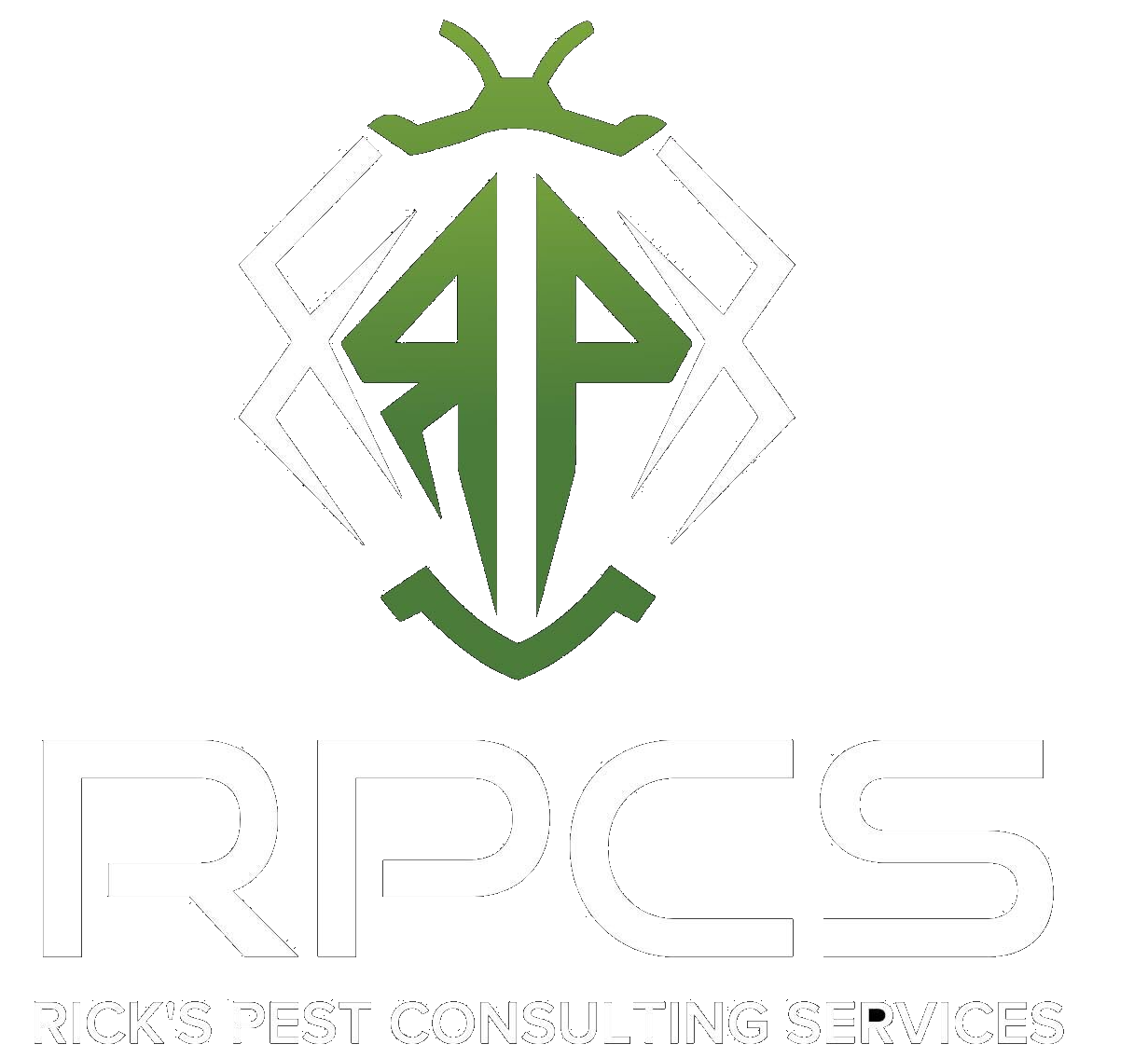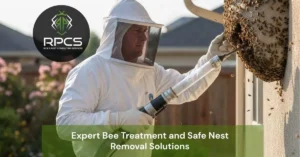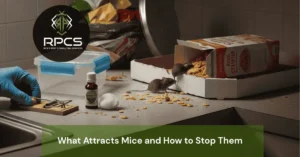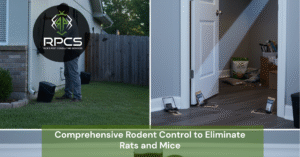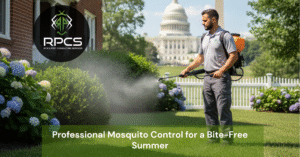When it comes to pest control in Washington, D.C., rodents remain one of the most persistent and costly challenges. Mice and rats are more than just a nuisance; they carry diseases, damage property, and pose serious health risks for both homes and businesses.
But here’s the thing: rodent activity isn’t the same year-round. Their patterns change with the seasons, and knowing what to expect can make all the difference in staying ahead of infestations.
This guide explains the seasonal rodent activity trends in Washington, D.C., and how professional pest control measures help keep properties safe throughout the year.
Why Rodent Control Is a Year-Round Priority
Washington D.C.’s unique climate, with humid summers, cold winters, and transitional spring and fall seasons, creates shifting rodent behavior. These pests adapt quickly, seeking food, shelter, and water wherever they can find it.
Without proper prevention and timely control, rodent populations can grow rapidly. A single pair of mice, for example, can produce dozens of offspring within just a few months.
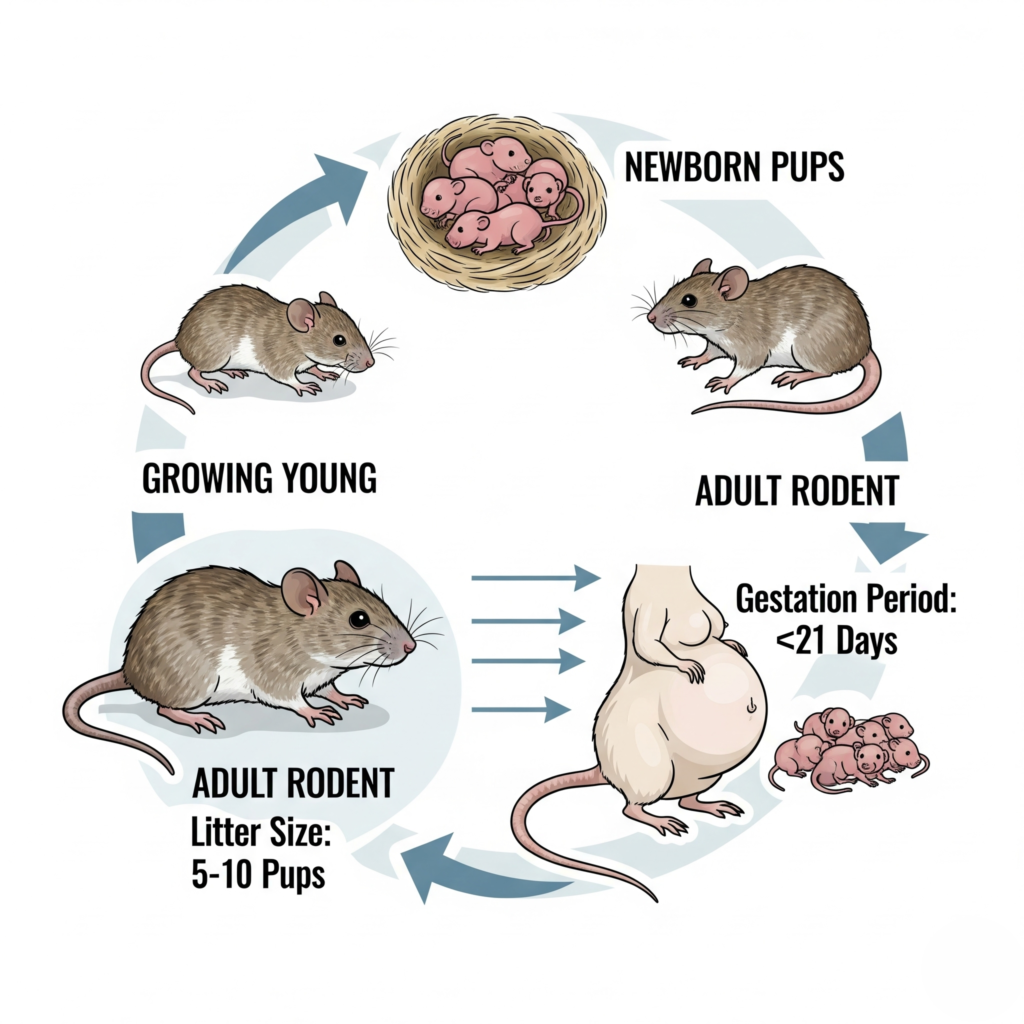
Seasonal Trends in Rodent Activity in Washington, D.C.
Winter: Seeking Warmth Indoors
During D.C.’s cold winters, rodents look for shelter from the freezing temperatures. Homes, restaurants, office buildings, and storage facilities become prime targets.
- Increased indoor activity as rodents invade basements, attics, and wall voids.
- Higher chances of spotting droppings, gnaw marks, or scratching sounds at night.
- Rodents are more likely to chew on electrical wires and insulation, creating fire hazards.
Spring: Breeding Season Begins
As temperatures rise, rodents become more active outdoors, but they don’t leave buildings they’ve already invaded. Instead, they expand.
- Breeding season kicks in, causing populations to grow rapidly.
- Activity around garages, sheds, and gardens increases.
- Infestations can spread quickly if not controlled early.
Summer: Food and Water Are Key
Warm weather and D.C.’s humidity drive rodents closer to food and water sources.
- Rats and mice are often seen near trash bins, restaurants, and food storage areas.
- Increased risk of rodent sightings in parks, alleys, and urban areas.
- Businesses like restaurants and cafes face higher risks due to health code inspections.
Fall: Preparing for Winter Shelter
In autumn, rodents start looking for secure nesting spots to prepare for winter.
- Higher rodent traffic near entry points like doors, vents, and cracks.
- Chewing and nesting activity increases as rodents gather materials.
- Early infestations now can become major winter problems later.
Health and Property Risks of Rodent Infestations
Ignoring rodents is never an option. They can cause:
- Health risks: Salmonella, Hantavirus, and other dangerous diseases.
- Structural damage: Chewed wiring, ruined insulation, and weakened structures.
- Food contamination: Rodents can contaminate large quantities of stored food.
- Business impact: Health violations, fines, and reputational damage for restaurants and commercial spaces.
Professional Control Measures to Stay Ahead
Rodent control requires a comprehensive, proactive strategy. Here are the most effective professional approaches:
1. Inspection & Monitoring
Trained technicians identify entry points, nests, and food sources before designing a treatment plan.
2. Exclusion Methods
- Sealing cracks, gaps, and holes in the foundation.
- Installing rodent-proof door sweeps and vent covers.
- Ensuring trash bins and food storage areas are secured.
3. Sanitation & Prevention
Rodents thrive in clutter and easy food access. Professional teams recommend and implement sanitation improvements to reduce attractants.
4. Safe Trapping & Baiting
Licensed experts strategically place traps and bait stations that effectively reduce rodent populations while protecting children, pets, and non-target wildlife.
5. Ongoing Maintenance Plans
Rodent control isn’t a one-time job. Seasonal check-ups and preventative treatments ensure infestations don’t return.
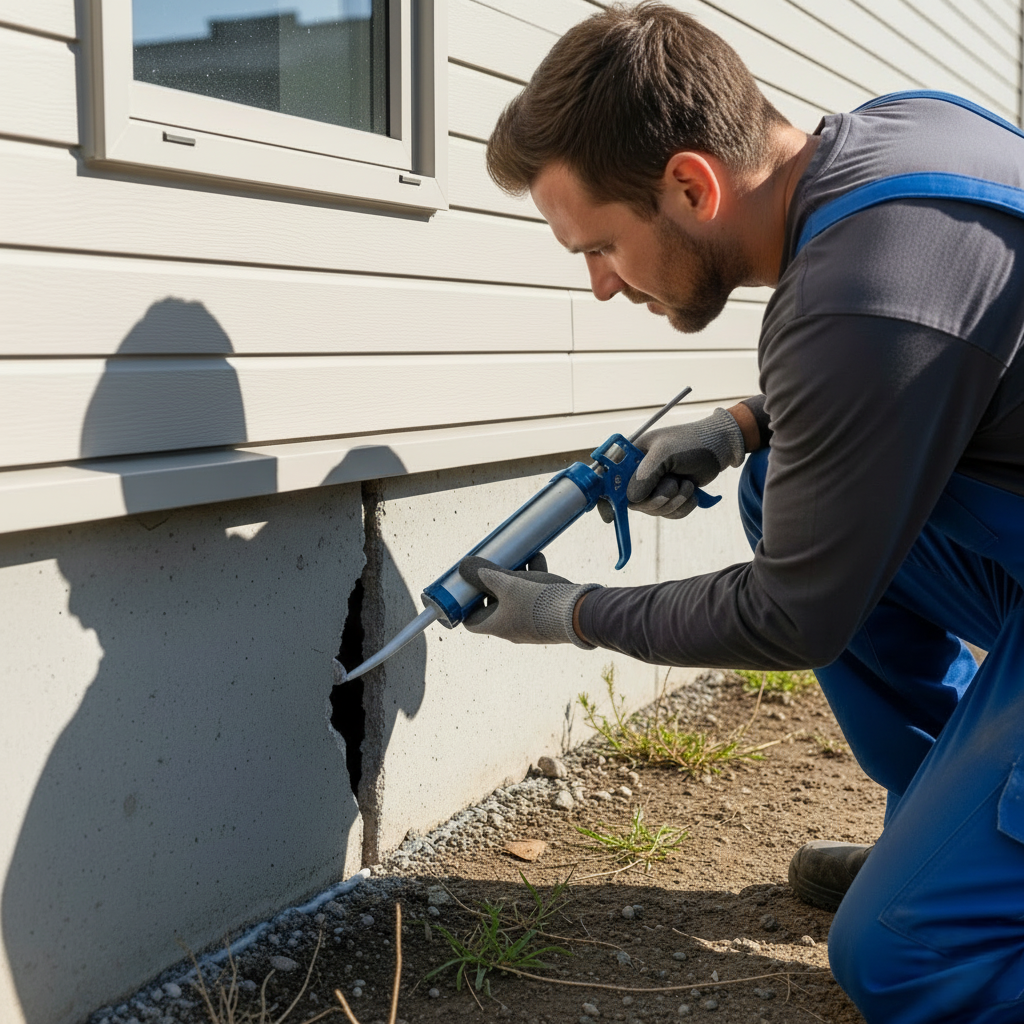
Why DIY Rodent Control Often Fails
Many homeowners and business owners try store-bought traps and poisons, but DIY solutions rarely solve the problem.
- Rodents are smart: They often avoid poorly placed traps.
- Limited reach: DIY methods don’t address nests hidden deep in walls or ceilings.
- Short-term relief: Killing a few rodents doesn’t stop new ones from coming in.
Professional pest control ensures a complete, long-term solution.
Final Thoughts
Rodent problems in Washington, D.C., change with the seasons, but the risk is always present. From winter invasions to summer food scavenging, staying ahead requires professional expertise and proactive measures.
The best strategy is to work with a trusted pest control partner who understands local rodent behavior and provides year-round protection tailored to your property’s needs.
Call to Action
Don’t wait until rodents have already taken over your home or business. Our Washington D.C. pest control specialists provide comprehensive rodent inspection, exclusion, and prevention services designed to protect your property in every season. Contact us today for a consultation and take control before the problem grows.
